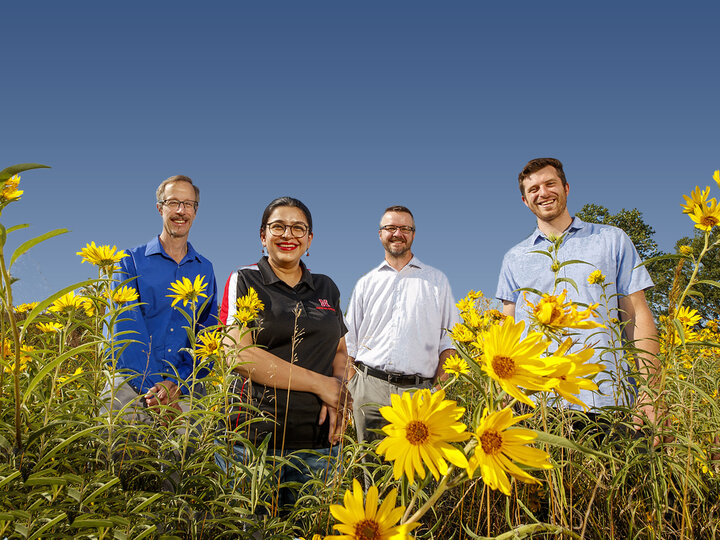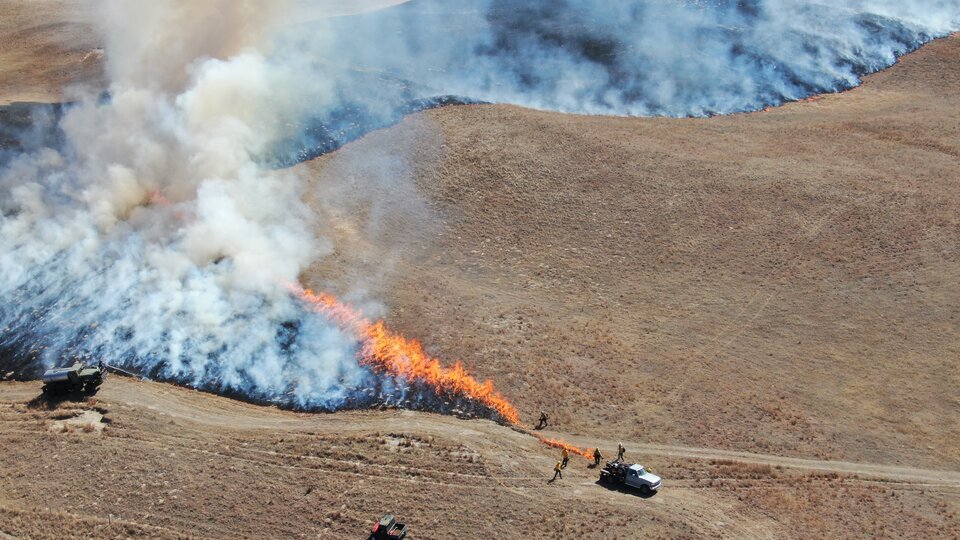Content
Resilience, panarchy and complex adaptive systems theories have increased our understanding of coupled human-natural systems and what defines resilient agroecosystems. The development of an agricultural resilience framework will empower producers, resource managers, policymakers and others to apply and adapt their knowledge in real time. This provides multiple production pathways specific to the landscape that will help meet global demands without compromising resource availability.
Current Resilience Research
Network for Integrated Agricultural Resilience Research
Both basic and applied research are key to understanding how agricultural practices and policies, in combination with drivers such as land-use change, impact resilience and increase the risk of undesirable shifts in agricultural systems.
Learn More About NIARR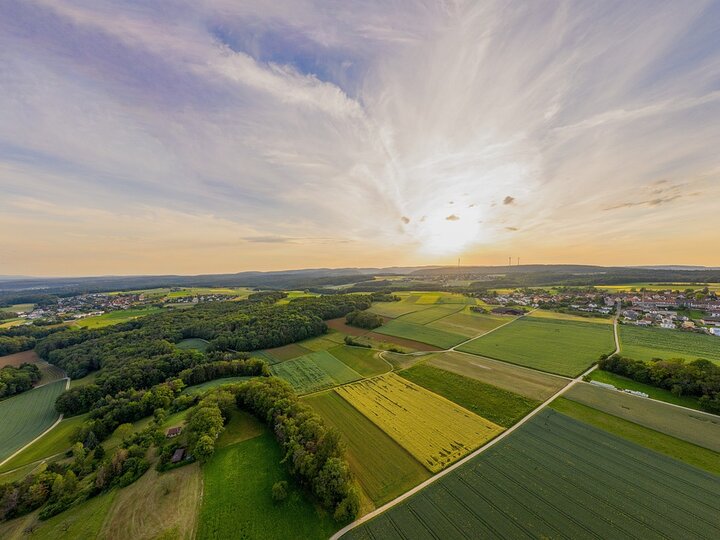
Collaborative Adaptive Management
In a collaborative setting, the Barta Brothers Ranch allows for high-risk management experiments, the monitoring of ecosystem services and disservices, and economic analysis of the various activities at the ranch level.
Learn More About CAM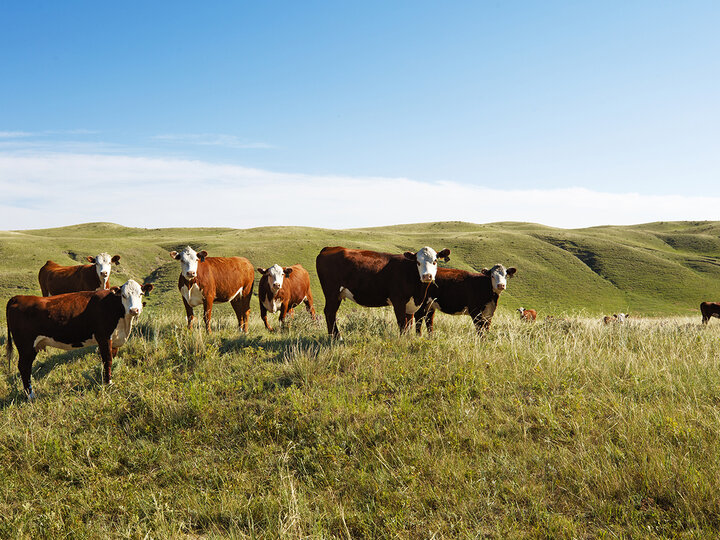
Fire Effects on Drivers and Recovery of Prairie Forests
The Nebraska Sandhills provide critical ecosystem services and support the state's livestock industry, but threats from woody encroachment increase wildfire risk and may cause ecological shifts. This research aims to investigate post-fire recovery and regime shifts, focusing on whether grasslands or woodlands will dominate, while assessing environmental factors and collaborating with landowners to develop adaptive management plans.
Learn More About This Research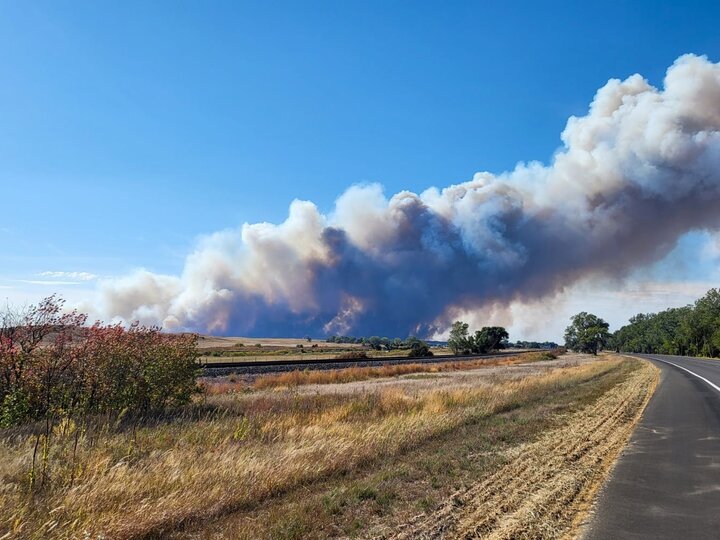
Archived Resilience Research
North American Bat Monitoring Program
Monitoring bats across large landscapes increases our understanding of bat populations and habitat use—promoting the long-term viability of bats across Nebraska and North America.
Learn More About NaBAT
Resilience Informatics as Screening Tools
EPSCoR focused on developing innovative technologies to predict and manage ecological regime shifts before they cause irreversible damage. By leveraging spatial informatics, resilience science, and stakeholder engagement, the program aimed to address environmental challenges like vegetation changes, which impact ecosystem services critical for rural economies and public welfare.
Learn More About EPSCoR